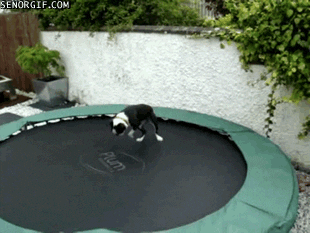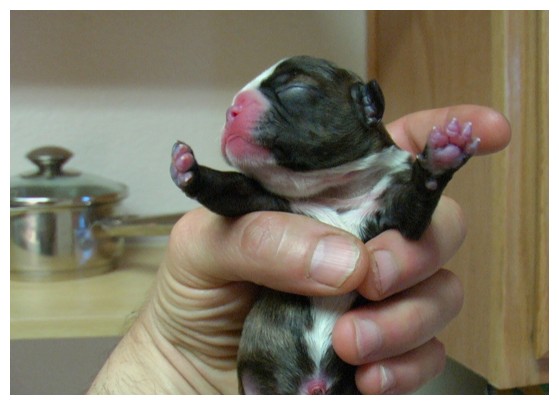Boston is a gentle breed that typically has a strong, happy-go-lucky, and friendly personality with a merry sense of humour. Bostons are generally eager to please their owner and can be easily trained. They can be very protective of their owners, which may result in aggressive and territorial behavior toward other pets and strangers. The breed requires only a minimal amount of grooming. While originally bred for fighting as well as hunting rats in garment factories, they were later down bred for companionship. They are not considered terriers by the American Kennel Club, however, but are part of the non-sporting group. Both females and males are generally quiet and bark only when necessary,[16] though early training in this regard is essential. Their usually sensible attitude towards barking makes them excellent choices for apartment dwellers. They enjoy being around people, get along well with children, the elderly, other canines, and non-canine pets, if properly socialized.
© wikipedia.com

Curvature of the back, called roaching, might be caused by patella problems with the rear legs, which in turn causes the dog to lean forward onto the forelegs. This might also just be a structural fault with little consequence to the dog. Due to their shortened muzzles, many Boston Terriers cannot tolerate excessively hot or cold weather and demanding exercise under such conditions can cause them harm. A sensitive digestive system is also typical of Boston Terriers with flatulence commonly being associated with poor diet in the breed. Their large and prominent eyes make Boston Terriers prone to corneal ulcers. Due to the breed being characterized by a short muzzle paired with a large pair of eyes, their eyes are susceptible to injury when making contact with sand, dust, debris, or sharp objects, such as plants with thorns. Bostons are brachycephalic breeds. The word comes from Greek roots "Brachy," meaning short and "cephalic," meaning head. This anatomy can cause tiny nostrils, long palates and a narrow trachea. Bostons may be prone to snoring and reverse sneeze—a rapid and repeated forced inhalation through the nose—accompanied by snorting or gagging sounds used to clear the palate of mucus, which does not harm the dog in any way. Brachycephalic dogs may be prone to complications with general anesthesia. Bostons frequently require caesarean section to give birth, with over 80% of litters in a UK Kennel Club survey delivered this way.
© wikipedia.com